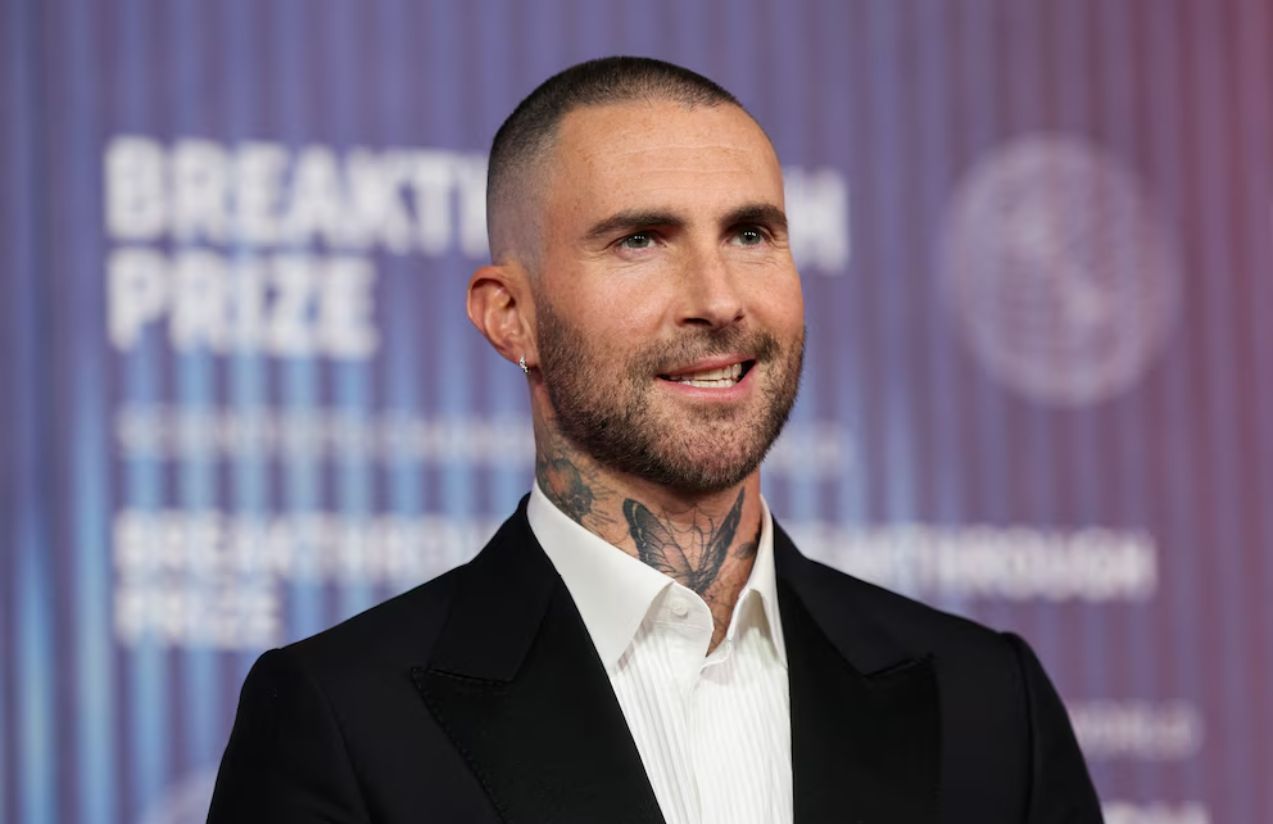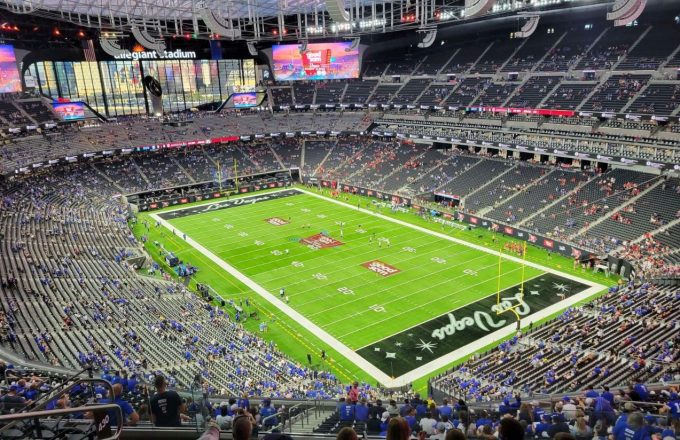Adam Levine, the lead vocalist of Maroon 5, is facing a lawsuit filed by a professional photographer over an Instagram post dating back to 2019. The singer had shared a photo of himself, taken by the plaintiff, without obtaining permission or purchasing a license for its use. While the post seemed harmless and intended to connect with fans, the case has reignited a growing debate in the digital age: ¿who actually owns the right to share a public image?
According to court documents, the photographer claims Levine violated copyright laws by posting the image without authorization. Even though the post has since been removed from Levine’s account, the legal process is moving forward in a U.S. court.

Can a public figure share a photo of themselves without the photographer’s permission?
Not necessarily. While the subject of the photo may be the person in question, copyright usually belongs to the photographer. Posting such content, especially on verified or promotional accounts, can constitute a legal violation.
As of now, Levine and his team have not issued a public statement regarding the lawsuit. However, the case could set an important precedent in how celebrities navigate copyright issues in the era of social media.











